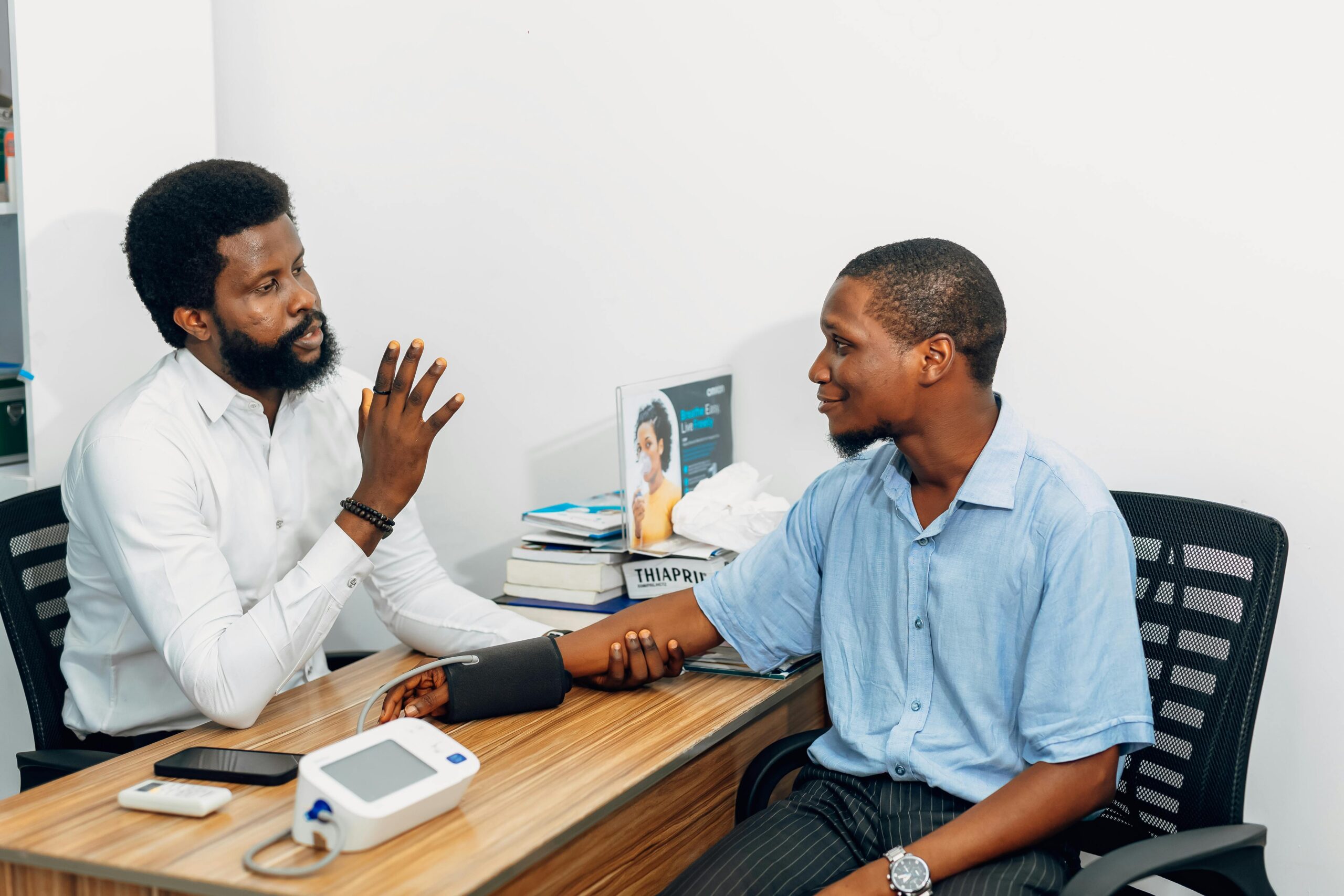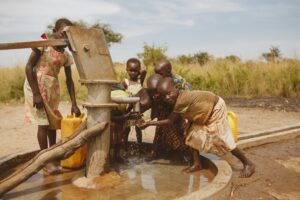Primary Health Care (PHC) is the foundation of any effective health system. In Nigeria, PHC is designed to provide accessible, affordable, and essential health services to communities, particularly in rural and underserved areas. However, the PHC system faces numerous challenges, including inadequate infrastructure, poor funding, lack of skilled personnel, and limited access to essential medicines. In response, Non-Governmental Organizations (NGOs) play a critical role in strengthening Nigeria’s PHC system by providing funding, technical support, awareness campaigns, and direct health interventions.
The State of Primary Health Care in Nigeria
Nigeria’s PHC system is structured to offer essential health services such as maternal and child care, immunization, nutrition, and disease prevention. Despite its importance, the PHC sector struggles with various limitations:
- Inadequate Infrastructure: Many PHC centers lack proper buildings, equipment, and electricity, making it difficult to deliver quality healthcare.
- Shortage of Health Workers: There is an insufficient number of trained doctors, nurses, and midwives, particularly in rural communities.
- Poor Funding: Government allocations for PHC remain insufficient, leading to a reliance on out-of-pocket expenses by citizens.
- Limited Access to Essential Medicines: Many health centers experience frequent drug shortages, limiting treatment options.
- Weak Health Systems Management: Lack of proper coordination and accountability affects service delivery and overall efficiency.
The Impact of NGOs on Primary Health Care in Nigeria
NGOs have played a significant role in addressing the challenges of PHC in Nigeria through various interventions:
- Funding and Resource Mobilization NGOs provide financial aid and mobilize resources to equip PHC centers with essential medicines, medical supplies, and infrastructure improvements. Organizations like the Bill & Melinda Gates Foundation and local NGOs contribute to strengthening health services.
- Community Health Outreach and Awareness Many NGOs conduct awareness campaigns to educate people on disease prevention, maternal health, hygiene, and immunization. These campaigns help reduce the burden of preventable diseases.
- Training and Capacity Building NGOs help train healthcare workers, improving their skills in delivering PHC services. Programs focused on maternal health, emergency response, and infectious disease management have enhanced the quality of care.
- Provision of Free Medical Services NGOs often organize medical outreach programs that provide free consultations, treatments, and vaccinations, especially in remote areas where government services are lacking.
- Advocacy and Policy Influence NGOs play a crucial role in advocating for better health policies, increased government funding, and stronger implementation of health programs to improve PHC delivery.
Conclusion
Primary Health Care in Nigeria remains a crucial aspect of the nation’s healthcare system but faces significant challenges that hinder its effectiveness. NGOs have emerged as essential partners in strengthening PHC by providing funding, training, advocacy, and direct health interventions. The collaboration between the government, NGOs, and the private sector is vital in ensuring accessible and quality health care for all Nigerians. Adewumi Foundation is committed to supporting PHC initiatives that enhance the well-being of communities and ensure a healthier Nigeria.
To improve PHC in Nigeria, individuals and organizations can contribute by supporting NGOs like Adewumi Foundation through donations, volunteering, and spreading awareness. Together, we can build a stronger healthcare system for all.
Discover more from Adewumi Foundation
Subscribe to get the latest posts sent to your email.




